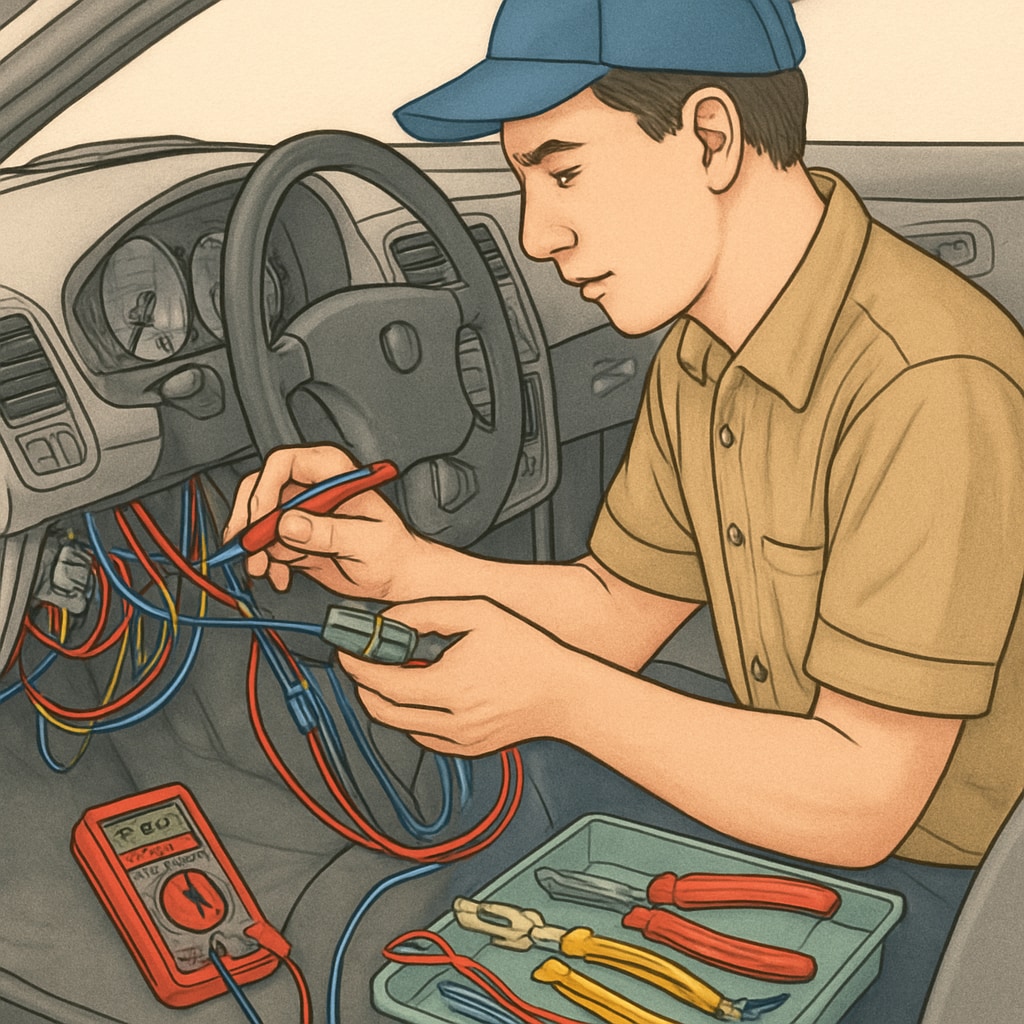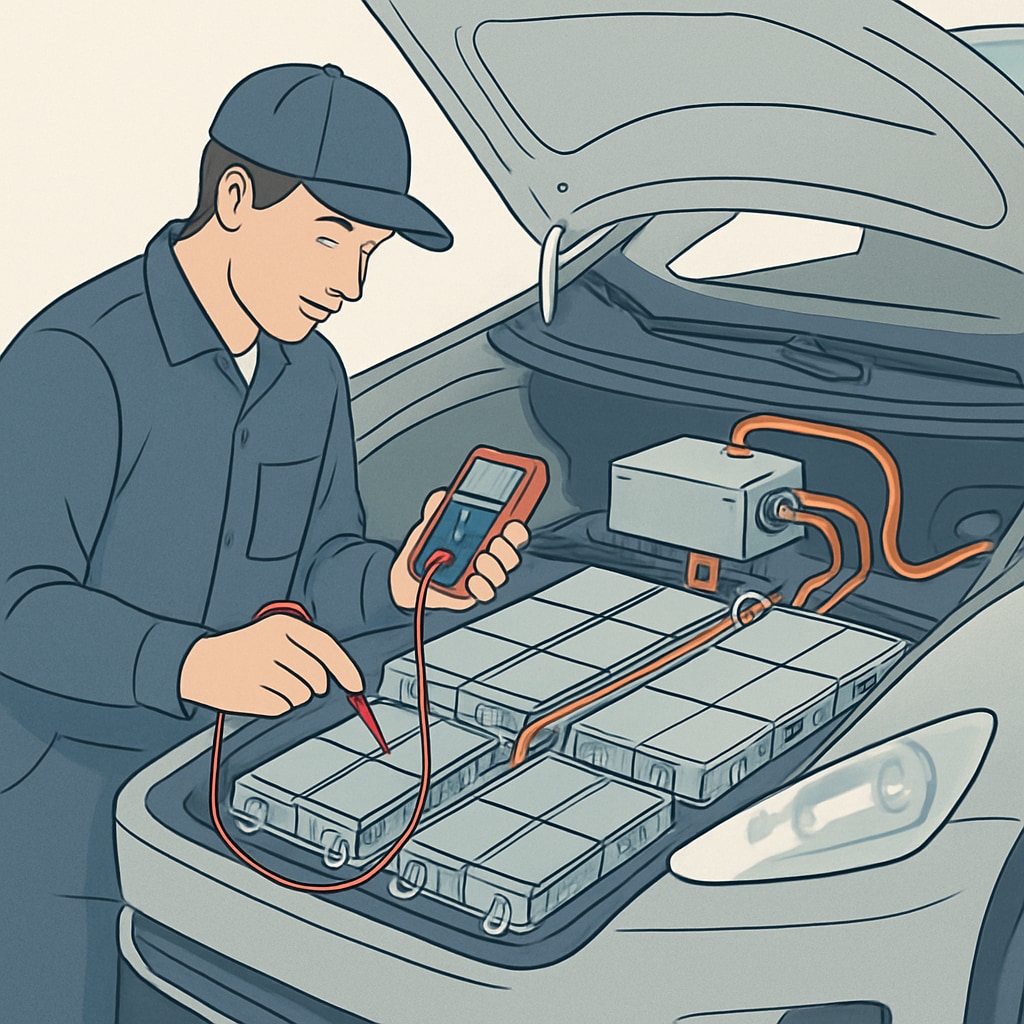In today’s rapidly evolving automotive industry, the value of an electrical apprenticeship cannot be overstated. With vehicles increasingly integrating advanced electrical systems, apprenticeships in the electrical field provide essential skills that align seamlessly with the demands of modern automotive technology. From wiring circuits to troubleshooting complex electrical networks in vehicles, the expertise gained during an apprenticeship can be transformative for anyone pursuing a career in this sector.

The Intersection of Electrical Expertise and Automotive Innovation
Electrical systems are now at the heart of automotive technology, with traditional combustion engines giving way to hybrid and electric vehicles. As a result, fundamental knowledge gained through an electrical apprenticeship—such as understanding circuits, power distribution, and diagnostics—has become more relevant than ever. For example, electric vehicle (EV) battery systems and regenerative braking mechanisms heavily depend on electrical engineering principles.
Moreover, the automotive industry has embraced advancements like autonomous driving and advanced driver-assistance systems (ADAS), both of which rely on sophisticated electrical components. Electrical apprentices who understand the intricacies of sensors, wiring harnesses, and control units are uniquely positioned to contribute to this technological transformation.
Practical Benefits of Electrical Apprenticeships for Automotive Careers
One of the most compelling aspects of an electrical apprenticeship is its practical, hands-on nature. Apprentices gain experience in real-world scenarios, working with tools and technologies that directly translate into the automotive field. Here are some key benefits:
- Transferable Skills: Wiring, circuit design, and system troubleshooting are directly applicable to automotive electrical systems.
- Problem-Solving Abilities: Apprentices develop critical thinking skills to diagnose and repair complex electrical issues, an essential trait for automotive technicians.
- Industry Certifications: Many apprenticeship programs offer certifications that validate electrical expertise, giving candidates a competitive edge in automotive roles.

Turning Apprenticeship Experience into Competitive Advantage
To leverage electrical apprenticeship experience for a successful automotive career, aspiring professionals should focus on bridging their training with specialized automotive knowledge. Here are some actionable steps:
- Expand Technical Knowledge: Study automotive-specific electrical systems, such as EV batteries, charging infrastructure, and onboard diagnostics.
- Network within the Industry: Connect with professionals in the automotive sector to understand emerging trends and job opportunities.
- Seek Advanced Certifications: Pursue automotive-specific certifications, such as those offered by the National Institute for Automotive Service Excellence (ASE), to enhance credibility.
Additionally, apprentices should look for opportunities to work on hybrid or electric vehicles during their training. Gaining direct experience with these technologies can open doors to specialized roles in the automotive industry, such as EV technician or ADAS system integrator.
Why Electrical Apprenticeships Matter in the Automotive Industry
As cars continue to evolve into complex machines powered by electricity and software, the overlap between electrical engineering and automotive technology will only grow. Electrical apprenticeships serve as an essential gateway, providing foundational skills that align with industry demands and preparing professionals for exciting, high-tech careers.
Whether you’re troubleshooting a malfunctioning wiring harness or installing sensors for a self-driving car, the skills acquired during an electrical apprenticeship are indispensable. By embracing this pathway, aspiring professionals can illuminate their career trajectory in an industry that thrives on innovation and technical expertise.
For further insights: Learn more about electric vehicles on Wikipedia and explore their components on Britannica’s electric car guide.


